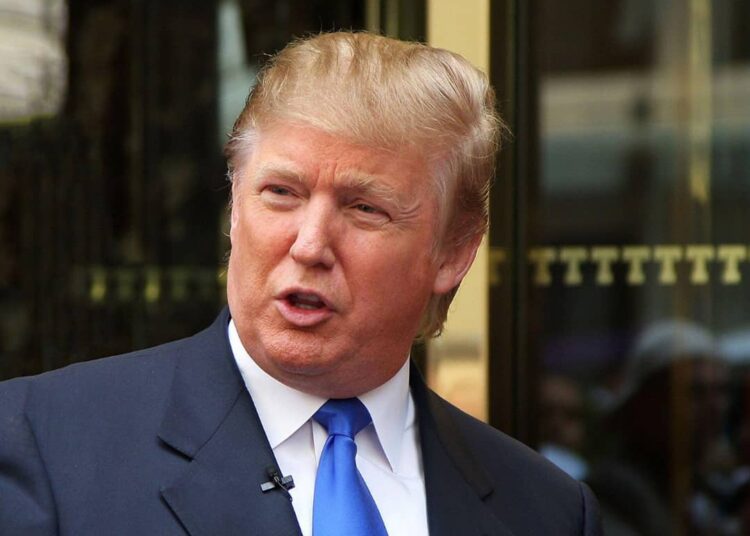United States (US) President Donald Trump’s decision to withdraw from the World Health Organisation (WHO) has sparked discussions on the need for increased domestic health financing in Nigeria.
Health sector stakeholders have therefore urged the federal government to strengthen homegrown funding mechanisms to reduce reliance on foreign aid.
A director in the Federal Ministry of Health, who spoke anonymously, warned that the US exit from WHO would have far-reaching consequences, given that the country has been the one of the largest single donors to the global health body.
“The WHO operates as an international government body, but it depends on donor funding to function. The US has been a major contributor, and their withdrawal will undoubtedly impact global health initiatives,” he stated.
The director emphasised that Nigeria, which has benefitted significantly from international health aid, must adopt a self-sustaining approach. “We have enjoyed what you might call a ‘free lunch’ for years. Now, we must develop homegrown strategies to fill the gaps.
“The Health Sector Renewal Initiative, which includes the Sector-Wide Approach (SWAp) and the Basic Health Care Provision Fund (BHCPF), came at the right time. Effective implementation will be crucial to its success,” he said.
The chairman of the Association for the Advancement of Family Planning (AAFP), Dr. Ejike Orji, described the suspension of US aid funding as “the good, the bad, and the ugly,” highlighting both its challenges and the opportunities it presents for Nigeria’s health sector.
Orji told LEADERSHIP Sunday that while the withdrawal of US support, including USAID funding, would disrupt many health programmes, it also serves as a critical reminder that Nigeria must prioritise domestic resource mobilisation.
“Maybe this is a wake-up call that we should look for internal domestic resource mobilisation to safeguard the health of our people,” he said.
Orji referenced past US policy shifts, noting that a similar move was attempted by President Donald Trump then, however, this time, he believes the funding loss is more severe and may only be salvaged if alternative donors step in.
He pointed out that a study he conducted 17 years ago, revealed that all foreign development assistance accounted for less than one percent of Nigeria’s Gross Domestic Product (GDP). “If we improve the efficiency of resource use and properly finance our healthcare sector, we don’t even need money from outside the country.”
The aid suspension has already affected various programmes, particularly those funded by USAID. Dr. Orji disclosed that USAID has issued letters to its sub-grantees, instructing them to halt activities for a 90-day review period.
However, he noted that the Minister of Health and Social Welfare, Professor Ali Pate, has identified health security as one of his administration’s key priorities. If WHO funding is reduced, Nigeria may need to strengthen its internal mechanisms to ensure preparedness for future pandemics, he said.
Speaking on the waiver for HIV treatment, the National Agency for the Control of AIDS (NACA) acknowledged the impact on the country’s HIV response but welcomed a waiver granted by the US government for continued funding of lifesaving HIV treatments.
The director-general of NACA, Dr. Temitope Ilori, expressed joy for the temporary relief but stressed the need for a long-term solution.
“Nigeria must take ownership of its HIV response. Relying on foreign aid makes us vulnerable to policy changes beyond our control. We need sustainable domestic funding to ensure uninterrupted access to HIV treatment,” she said.
The DG urged state governments, private sector partners, lawmakers, and civil society organisations to collaborate in securing alternative funding sources.
With global health financing at a crossroads, experts have said that Nigeria and other developing nations must rethink their approach.
“There is a need to prioritise actual health needs rather than bloated budgets often attached to foreign aid. By reducing administrative costs and improving efficiency, we can ensure that available resources are used effectively,” a public health expert, Dr. Theophilus Adamu said.
The success of initiatives like the BHCPF and SWAp will be a key test of the country’s ability to sustain its health sector independently, he added.





